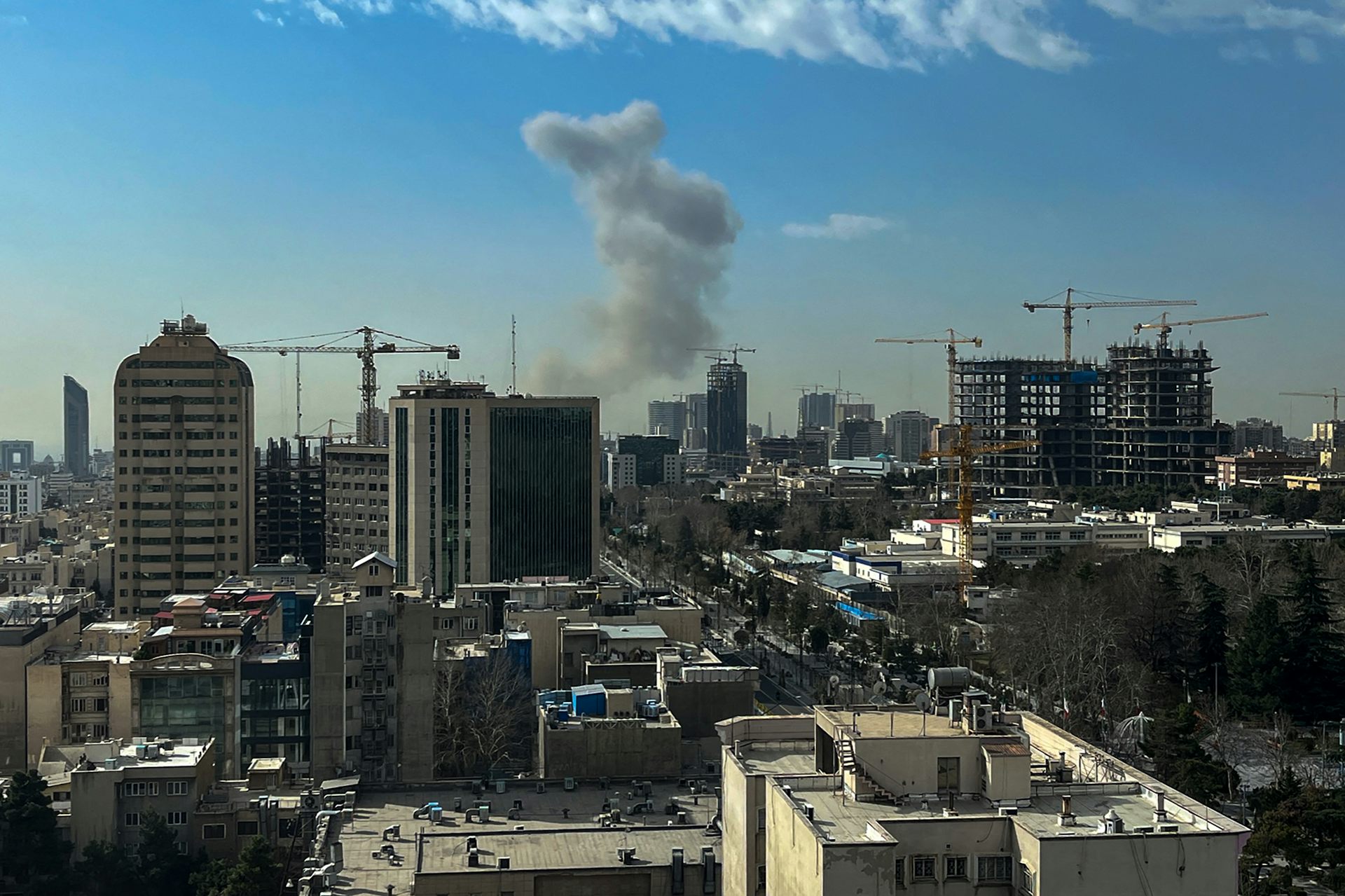Why the withering nuclear power industry threatens US national security
Nuclear power plants don't just pump out steady, carbon-free electricity; they also help produce the people the US needs for nuclear weapons inspections.

These are tough times for nuclear power in the U.S. Power plants under construction are facing serious delays, halts and cost overruns. Utilities in South Carolina abandoned a project to complete construction of two power plants in August, while the cost of the only nuclear plant now under construction has ballooned to US$25 billion.
And it’s no secret that several existing nuclear power plants are at risk of shutting down. In fact, that specter is one of the key motivations behind Energy Secretary Rick Perry’s recent request to the Department of Energy for an analysis of the challenges facing conventional power plants.
While the environmental and reliability impacts of the closures are well-understood, what many don’t realize is that these closures also pose long-term risks to our national security. As the nuclear power industry declines, it discourages the development of our most important anti-proliferation asset: a bunch of smart nuclear scientists and engineers.
Weapons inspectors
The challenges facing our aging nuclear fleet are numerous. Cheap natural gas and the rapid growth of low-cost renewables like wind and solar, which have helped drive electricity prices downward for the first time in decades, make it hard for nuclear power plants to operate profitably. At the same time, the variability of renewables pushes conventional thermal power plants fueled by natural gas, coal and nuclear sources to operate more flexibly to fill gaps when the sun doesn’t shine or the wind doesn’t blow.
This is a problem for U.S. nuclear plants, as ramping their output up and down causes wear and tear, increasing costs. And lingering safety concerns in the wake of the Fukushima disaster in 2011 don’t help either.

All of these factors are converging at once, creating significant financial losses for nuclear plant owners. At least 20 nuclear plants are at risk of closure, if natural gas prices remain low and other market fundamentals don’t change.
This scenario creates headaches for power grid operators and planners who like the reliability of nuclear power plants. It also creates philosophical conundrums for environmentalists who rightly fret about the challenges of long-term radioactive waste storage but also decry the replacement of zero-carbon nuclear power with carbon-emitting natural gas plants.
But there is a third reason why a declining U.S. nuclear power industry will have long-term consequences: the national security risks associated with nuclear weapons.
It is the irony of nuclear power. While many worry that the prominence of nuclear materials for power production increases the risks of weapons proliferation, the opposite is also a problem. The loss of expertise from a declining domestic nuclear workforce makes it hard for Americans to conduct the inspections that help keep the world safe from nuclear weapons. And with the recent news about North Korea’s nuclear ambitions, the need for inspections feels like a pressing priority.
The Defense Threat Reduction Agency (DTRA), the U.S. agency responsible for addressing these risks directly, employs 2,000 people to tackle chemical, biological, radiological and nuclear weapons. Hundreds work on the nuclear mission alone. Another 2,500 people, including 200 Americans, work at the International Atomic Energy Agency (IAEA), a multi-national organization created for the sole purpose of ensuring peaceful uses of nuclear energy. The IAEA is tasked with conducting regular inspections of civil nuclear facilities and auditing the flow of nuclear materials and experts.

Many of our nuclear inspectors come from the military and national labs – whose missions are more weapons-related – and from the power sector. The demise of the power sector cuts off a flow of civilian talent that can use its background to help distinguish illegal weapons projects from peaceful programs to generate electricity.
Quite simply, it is in our national interest to maintain the expertise needed to staff the DTRA, while also contributing to the international agencies committed to keeping the world safe from nuclear weapons.
In the U.S. more than 50,000 people are currently employed making nuclear fuels or at the power plants that use them. If the nuclear industry is allowed to wither, we might not have the homegrown talent to help manage the risks.
Next-generation nuclear
Bailing out decades-old power plants with government handouts or subsidies seems like a step backwards. So how to proceed? The simplest approach is to issue zero-emissions credits (ZECs) or to put a price on carbon. Doing so harnesses the efficiency of markets while allowing nuclear power to compete because of its low-carbon footprint.
A carbon price or ZEC – which admittedly faces formidable political challenges – would be an immediate lifeline for existing power plants. That buys us time, but doesn’t take us all the way there. We also need to aggressively invest in research and development for modern nuclear fuel cycles that are smaller, flexible, less water-intensive, passively safe, proliferation-resistant and can be replicated in a factory to reduce costs. Reinvigorating the industry would create the need for a steady stream of people trained in nuclear physics and engineering. As a result, the world would be safer and cleaner.
There are already strong economic, reliability and environmental reasons to keep nuclear a part of the national fuel mix. Enhancing our national security makes the argument even more compelling.
Michael E. Webber receives funding from the U.S. Department of Energy and ERCOT (Electric Reliability Council of Texas). A full list of sponsors for Webber's research group at UT Austin is disclosed here: www.webberenergygroup.com
Read These Next
Massive US attacks on Iran unlikely to produce regime change in Tehran
President Trump has appealed to Iranians to topple their government, but a popular uprising is unlikely…
Iran will respond to US-Israeli strikes as existential threats to the regime – because they are
The latest attack on Iran goes far beyond previous operations by Israel and the US in both scale and…
Cuba’s speedboat shootout recalls long history of exile groups engaged in covert ops aimed at regime
From the 1960s onward, dissident Cubans in exile have sought to undermine the government in Havana −…





